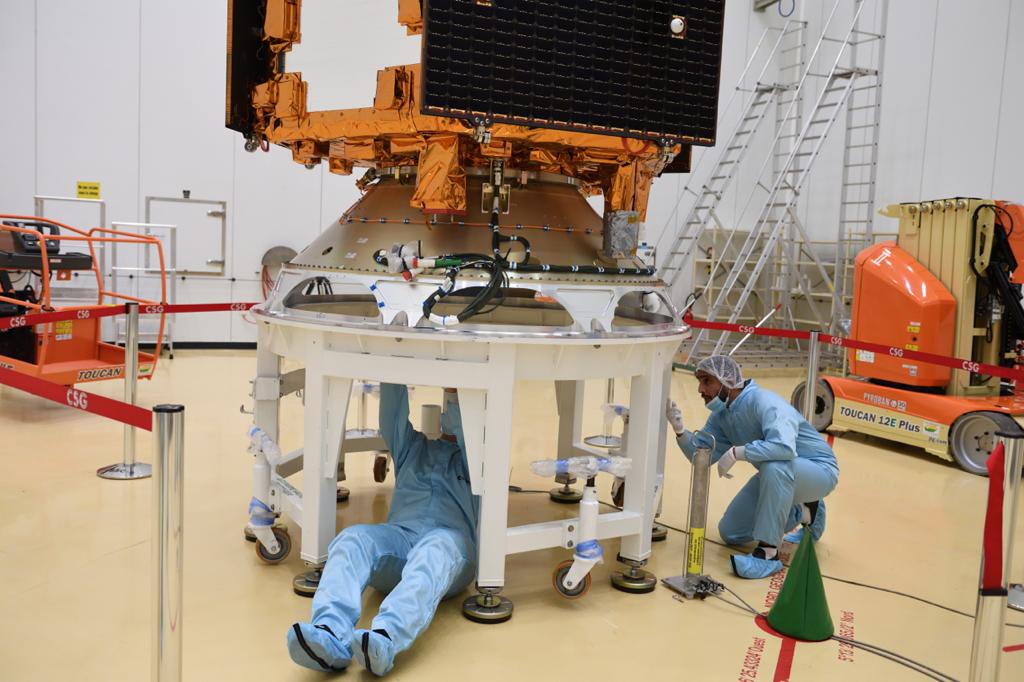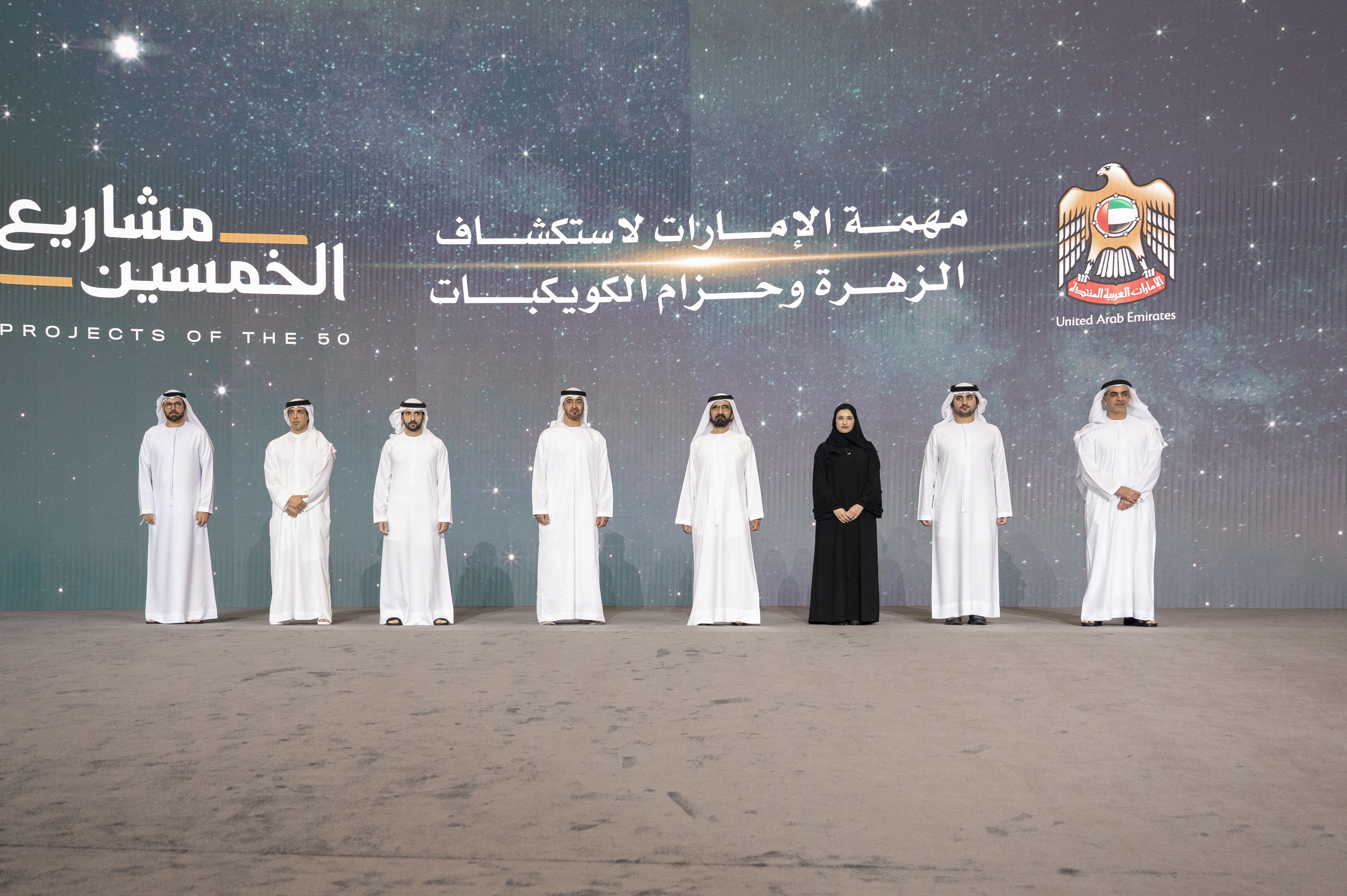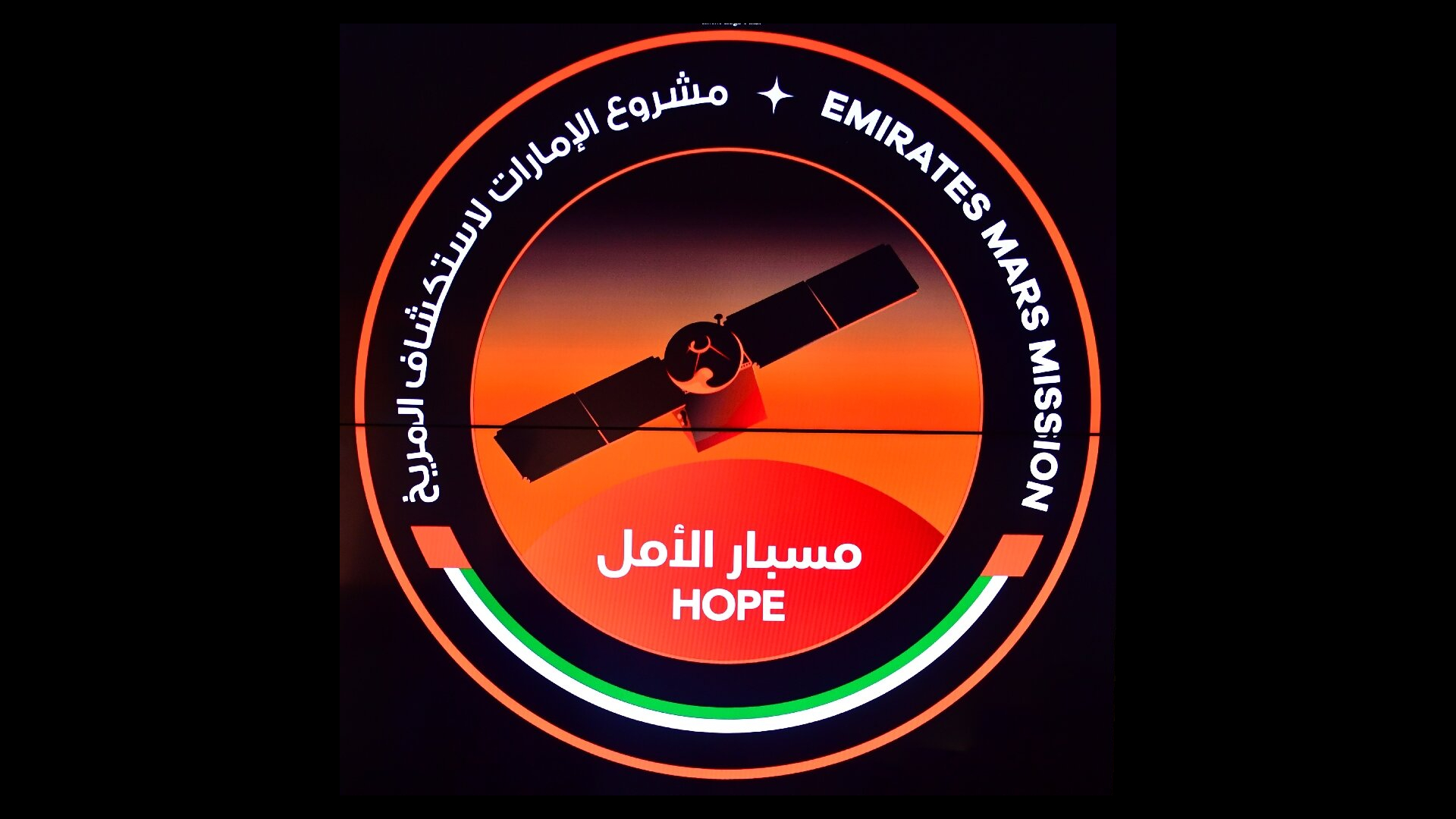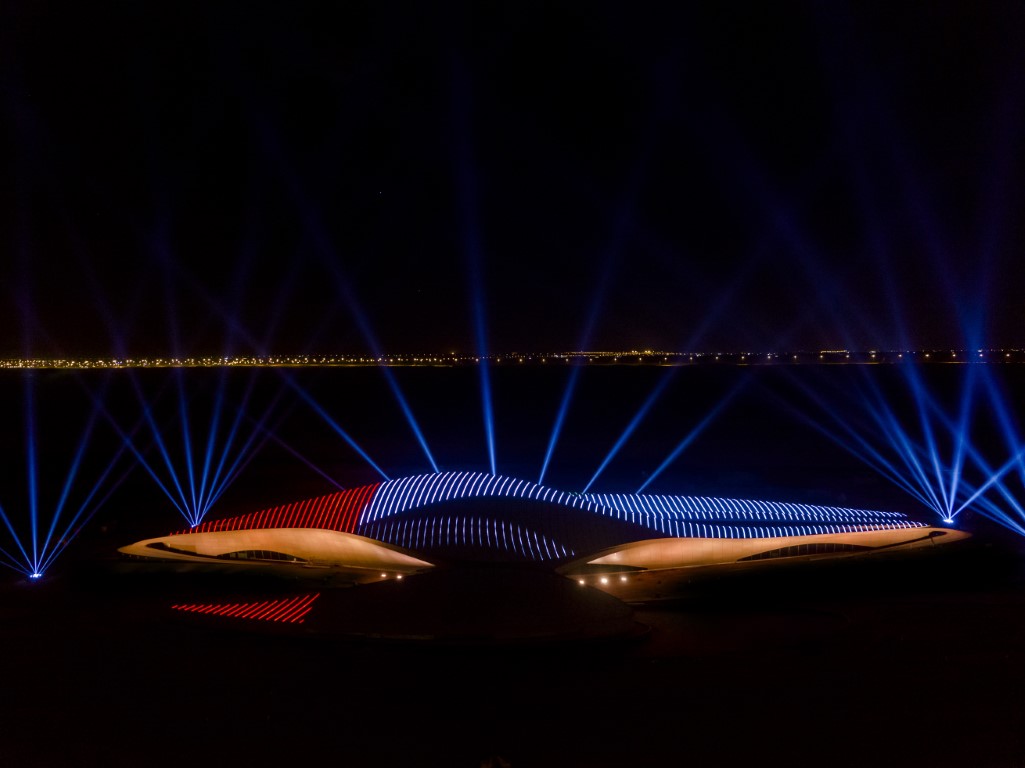To mark its 49th National Day, the UAE launched the satellite Falcon’s Eye into space from the French Guiana Space Centre on Wednesday at 5:33am UAE time (01:33 GMT).

The Soyuz ST-A rocket lifted off from the launch complex in French Guiana and the earth-observation satellite separated 58 minutes after burns by the Fregat upper stage.
Equipped with a High-Resolution Imager, the 1190 kg satellite is the fourth reconnaissance satellite launched by the UAE, bringing the total number to 12 satellites into orbit.
The data it transmits back to the ground control station will be used for mapping, agricultural monitoring, urban planning and monitoring changes in the environment, helping with response planning for natural disasters, and monitoring the UAE’s borders and coasts.

Fitted with an earth-observation payload, with very-high-resolution optical capabilities, the satellite will remain in Low Earth Orbit for 10 years taking high quality imagery of the ground below to relay to the ground control station.
The project began five years ago and implemented by many experienced engineers and technicians from the UAE Armed Forces specialising in mega project management and military and space systems who were joined by foreign experts.
Commenting on the occasion, Matar Salem Ali Al Dhaheri, Undersecretary of the Ministry of Defense, noted that the UAE’s success in launching the satellite, is a unique achievement, proving that it has the necessary capacities to become an inspiring example of creating hope for others.
He stressed the Falcon’s Eye reflects the desire to achieve excellence that differentiates the UAE from other countries thanks to the visionary vision of its leadership, to engage in specialist sectors that were previously exclusive to advanced countries, most notably the space and satellite sector.
“This national achievement is worthy of pride not only given the civil and military importance of Falcon’s Eye, but also because it has unique characteristics, including a mobile platform for receiving and sending photos from any location in the world that will be used for various purposes, such as map surveys, civil planning and preventing natural disasters.
Lieutenant General Dr. Khalifa Thani Al-Rumaithi, Chairman of the Supreme Committee for the Falcon’s Eye, said that the National Space Programme aims to achieve excellence, as part of the country’s development experience.

“The satellite’s team are all Emirati citizens aged between 27 and 28, a fact which confirms the country has the human, knowledge and technology resources that will make it an example to follow for the space sector development, most notably following the launch of the Hope Probe, the first Emirati mission to discover Mars, which is set to arrive in the red planet in 2021, coinciding with the country’s Golden Jubilee,” he added.










